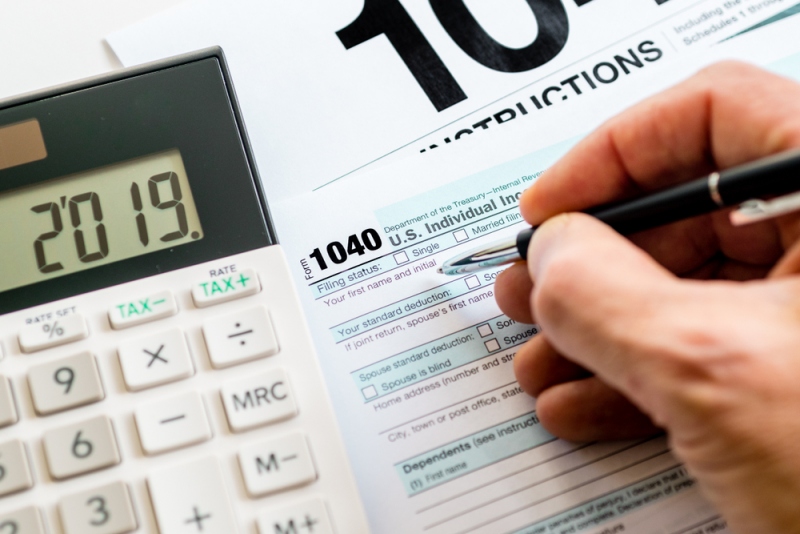Getting your small business off the ground will require more than just knowing what consumers want. You’ll need to know how to handle your finances like an expert.
Find an Expert in Tax Preparation

Recent changes in tax laws allow business owners to deduct as much as 20% of their business income each year. These laws can change, however, so it’s a good idea for you to defer to the experience and insights of local tax preparers in your area. Whether you choose an attorney that can do tax returns or an accountant, a professional will help you save money and find deductions you may not have known about. It’s also a good idea to choose someone who has experience in businesses your size and larger. This way, they can continue to help you as you grow.
Invest in Technology
Making an investment in technology doesn’t mean that you have to go out and purchase the newest, most expensive equipment for your business. It means that you should take advantage of tech solutions for businesses more often than traditional ones. Instead of hiring a bookkeeper, you can use bookkeeping software, which saves on hiring and time. In many cases, you can use open-source software that’s available for free. It’s usually just as suitable for your needs as the more expensive options are. You should also consider used or refurbished computers and printers to save more money.
Negotiate and Lease When Possible
Before you sign a contract with a vendor, you should negotiate with them for a better price. You should know what you want out of the negotiations before you go into them. Vendors will gladly accept reduced pricing if it means keeping your business. Another thing to look into is leasing equipment. Many small business owners are tempted to buy expensive equipment, but it’s cheaper to lease it in the short term. Once your business takes off, then you can look into buying your equipment.
Invest for a Rainy Day
This is especially true for seasonal business owners. You should set aside a portion of your profits from busier months to pay for expenses that come up during quieter months. Even if you aren’t primarily seasonal, it’s a good idea to set up an emergency fund in case some kind of setback or disaster occurs. This way, you’ll have the cash to get back on your feet without the possibility of losing your company.
Remember Your Personal Finances
First and foremost, remember to keep your personal and business accounts separate. This will make accounting and tax preparation easier. You should also consider getting personal insurance on top of your business insurance. Another thing to consider is setting up a retirement account such as a SEP IRA, which allows you to set aside up to 25% or $55,000, whichever is higher, of your earnings each year. SEP IRAs are considered good options if you have employees while a solo 401(k) is better if it’s just you alone. You should also try to structure your company as a limited liability company, which can limit damage to your personal finances.
All of this advice may seem complicated, but it’ll lead to larger profits and smoother sailing down the road. Ultimately, common sense is your best friend when starting a small business.
